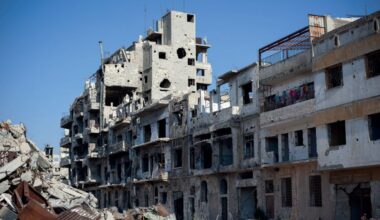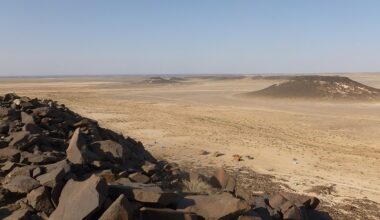Project summary
Using Jordan and Lebanon as case studies, the research evaluated the impact that refugees have on water resources as well as on long-term policies, strategies, and international agreements.
Project details
Location: Jordan, Lebanon
Year(s): 2018
Project director(s): Hussam Hussein
Lead institutions and funding:
- CBRL
Project description
The guiding research question of this research project was: how can long-term water policies, strategies, and international water agreements adapt to sudden waves of forced migrations?
This study set out to expand on literature about water policies and international water agreements to give new insights on the analysis of resilience and flexibility in treaties. Connecting studies on the impact that forced migrations have on water policies and strategies with transboundary water governance, the project deployed the adaptive governance conceptual framework to analyse the resilience of transboundary water governance.
Using Jordan and Lebanon as case studies, the research evaluated the impact that refugees have on water resources as well as on long-term policies, strategies, and international agreements. It then focused on the existing policies, strategies, and international agreements, to examine the extent of their flexibility and resilience.
Project bibliography
Hussein, Hussam. 2020. More than just a short term! Long term resilient and flexible solutions for water sectors impacted by forced migrations and refugees; the case of the Syrian refugees in Jordan and Lebanon. Bulletin of the Council for British Research in the Levant 2018-19, p 18.
Published:24 January 2022















